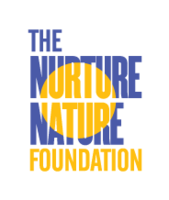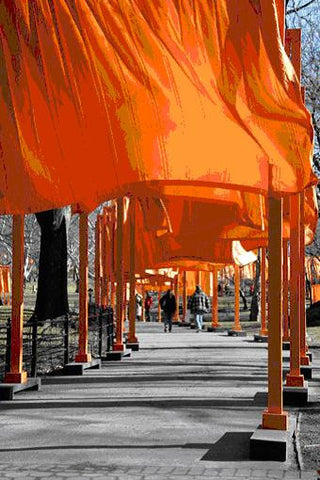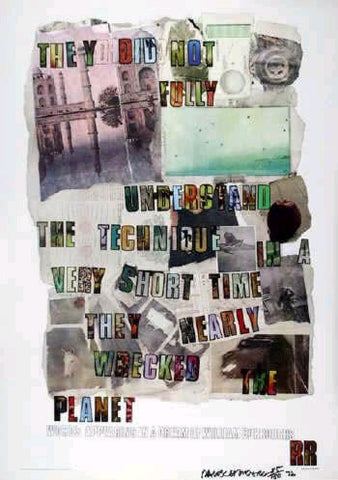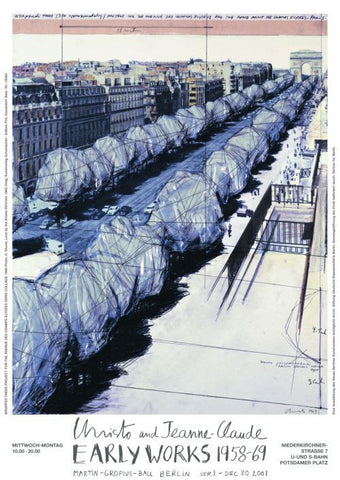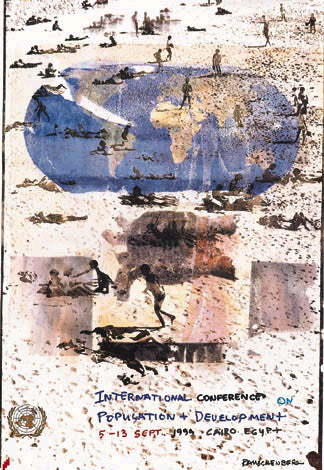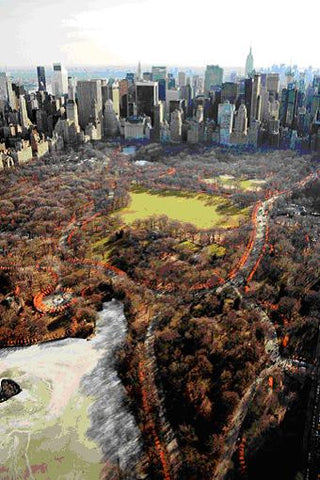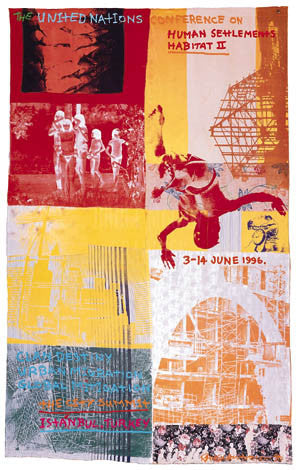Overview of NNF's Work
The Nurture Nature Foundation (NNF) has evolved through the years, engaging in its own programs and projects as well as providing support to other organizations.
One of the main areas NNF currently focuses resources on is the promotion of sustainable transit. As explained elsewhere, city living is a key contributor to environmental protection, but city living becomes intolerable where transportation systems break down. NNF’s founder believed that creation of a balanced transportation system, making adequate use of mass transit, was a key to the sustainability of our cities.
In keeping with this, NNF has invested heavily in research and outreach on how to help create such a transit system in New York City. Among other things, NNF funded the development of a "Balanced Transportation Analyzer", which has been described as an interactive tool that “breaks down every aspect of New York City transportation—subway revenues, traffic jams, noise pollution—in an attempt to discover which mix of tolls and surcharges would create the greatest benefit for the largest number of people.” (Wired, May 2010). More recently, NNF has committed several years of funding for a Theodore Kheel Visiting Fellow in Transportation Policy at Hunter College and its Roosevelt House Public Policy Institute. For more information on NNF’s work in the transit arena, click here.
Another area to which NNF has devoted significant resources in recent years, both directly and through support of a related organization, is outreach concerning environmental issues. In particular, NNF has been instrumental in establishing a center in Pennsylvania called the Nurture Nature Center that has developed nationally recognized tools for community outreach about flood hazards, and is now also a center of local community involvement in the region. NNF has an office and several staff members working at the Center, which is a joint endeavor of NNF and a local Pennsylvania nonprofit that NNF helped establish and assists. To read more about the Nurture Nature Center, click here.
Although NNF’s current resources are dedicated primarily to these two areas, it is proud of many other projects that it funded through the years that are ongoing, although they are now largely or entirely self-sustaining. Several of those projects focused on New York’s environment, and were developed under the auspices of NNYN (“Nurture New York’s Nature”), a nonprofit founded on the occasion of The Gates in Central Park, a current program of NNF’s. For information about NNYN, click here.
One such project was Go Wild in New York, a delightful introduction for school age youngsters on New York City’s environment. In addition to funding this book, which was published by National Geographic, NNF established an interactive website for children related to the book and funded the development of teaching materials by Columbia University’s Teachers College in New York to help with the educational use of the book. To read about Go Wild in New York, click here.
A final major project deserving mention, to which NNF devoted years of work and significant resources, was the renovation an important historic building in the City of Easton Pennsylvania, which contributed to a major revitalization of the entire city. Preserving old buildings is often called the ultimate recycling project. In addition, as Thomas Hylton eloquently argued in his book on Pennsylvania cities "Save Our Land, Save Our Towns", preserving our historic cities and saving them from blight and decay is also a critical step towards saving the land around them from urban sprawl. The building NNF renovated in this case was a former hotel built in the 1920s, which fell into disuse in the 1990s. The renovation, and the work done after it was completed to ensure the project’s sustainability, is described here.
